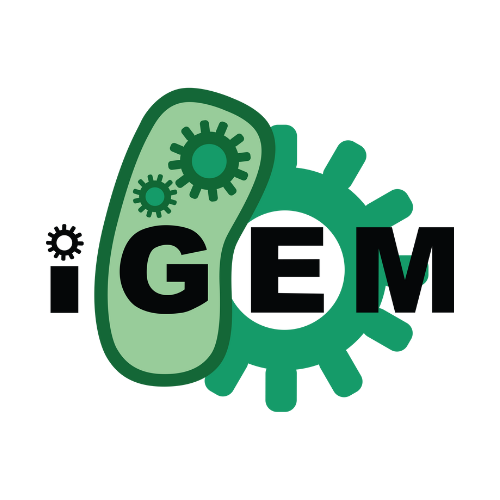To learn more about the 2023 project, read through our iGEM Page.
2023 Project Abstract:
Antibiotics have long been the cornerstone of treating bacterial infections and, at times, are the only effective
care option available. Rising antibiotic use in developing nations has rapidly reduced the effectiveness of conventional
antibiotics and led to a rise in antibiotic resistant bacteria (ARB). Common approaches for combating ARB include
novel antibiotics and bacteriophages. However, there is currently no method to eliminate ARB that reduces disruption
to native microbiota and ecosystems, minimizes human health risks, and does not readily broaden the antibiotic resistance
spectrum. Our project, Antibiotic Resistance Control (ARC), achieves sub-host specificity in bacteriophages, enabling
precise targeting of ARB in a diverse range of environments. We created this functional killing response by integrating
synthetic RNA switches to enhance target precision and control lytic activity. By limiting phage integration and lytic
activity to antibiotic resistance gene mRNA presence, we effectively safeguard symbiotic microbiomes without expanding
the range of antibiotic resistance.







